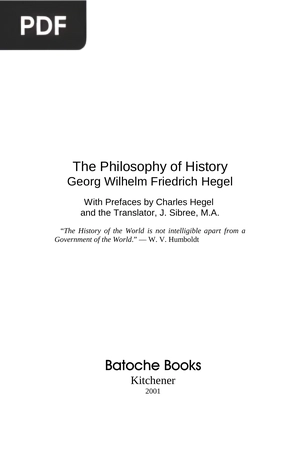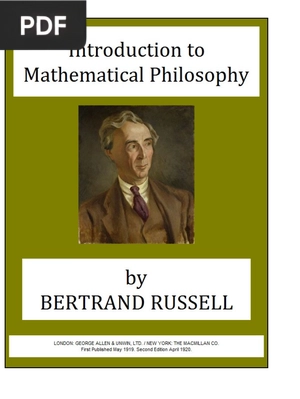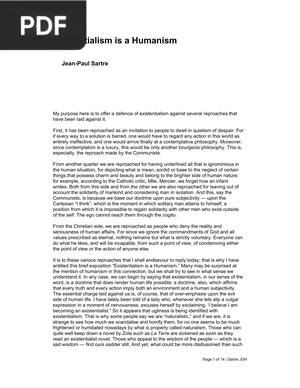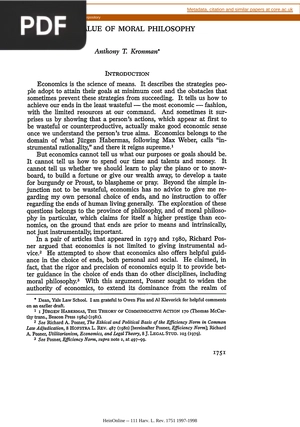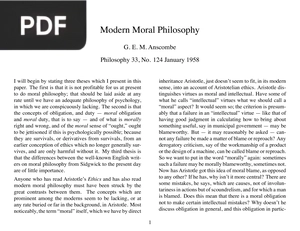Physics Needs Philosophy. Philosophy Needs Physics
Author: Carlo Rovelli
*Wait a few seconds for the document to load, the time may vary depending on your internet connection. If you prefer, you can download the file by clicking on the link below.
Information
Description: Physics Needs Philosophy. Philosophy Needs Physics por Carlo Rovelli argues that philosophy profoundly influences physics, contrary to claims of its irrelevance. It highlights how philosophical assumptions impact scientific inquiry and offers a compelling case for their synergy.
Pages: 11
Megabytes: 0.35 MB
This may interest you
The Philosophy of History
Extension: PDF | 485 pages
The Philosophy of History by Georg Wilhelm Friedrich Hegel presents a novel perspective on historical events. It examines the progress of civilization through the lens of rational freedom, providing a valuable framework for understanding human development.
Introduction to Mathematical Philosophy
Extension: PDF | 361 pages
Introduction to Mathematical Philosophy by Bertrand Russell explores the logical foundations of mathematics, aiming to make complex concepts accessible to those with limited mathematical background. It bridges the gap between mathematics and philosophy, inviting readers to delve into the core principles that underpin both disciplines.
Existentialism is a Humanism
Extension: PDF | 14 pages
Existentialism is a Humanism by Jean-Paul Sartre presents a defense of existentialism against common criticisms. It explores concepts like anguish, abandonment, and despair, emphasizing human freedom and responsibility in a godless world.
The Value of Moral Philosophy
Extension: PDF | 17 pages
The Value of Moral Philosophy by Anthony T. Kronman argues for the importance of moral philosophy against the views of Richard Posner. It highlights the necessity of reason in navigating moral complexities and enriching human life.
Modern Moral Philosophy
Extension: PDF | 16 pages
Modern Moral Philosophy by G.E. M. Anscombe challenges contemporary ethical frameworks, critiquing their departure from Aristotelian virtues and divine law. This seminal work prompts a critical reevaluation of modern moral concepts.


